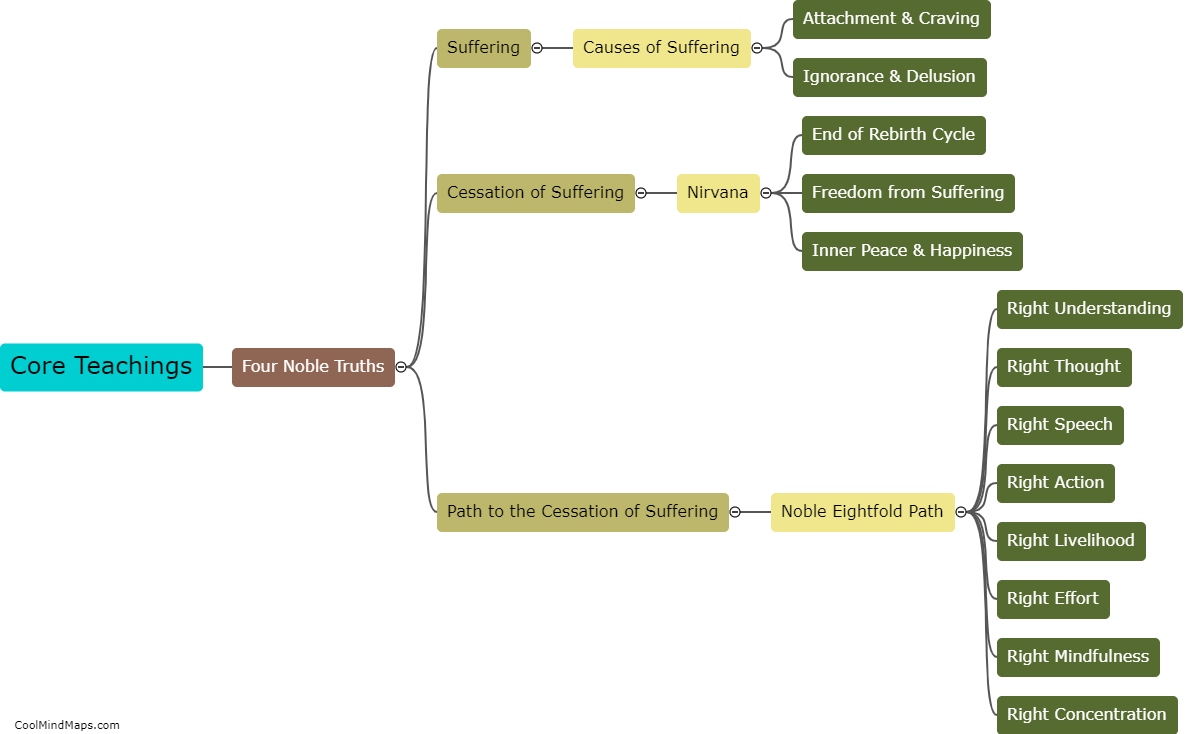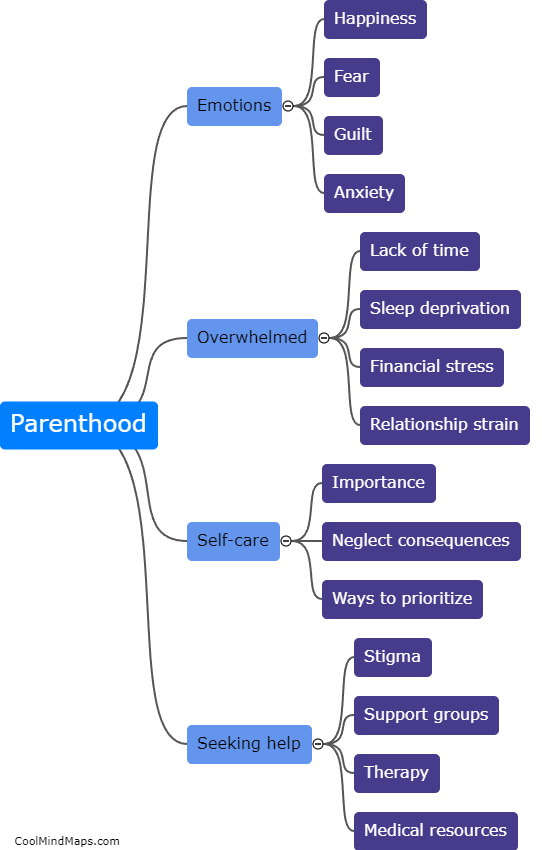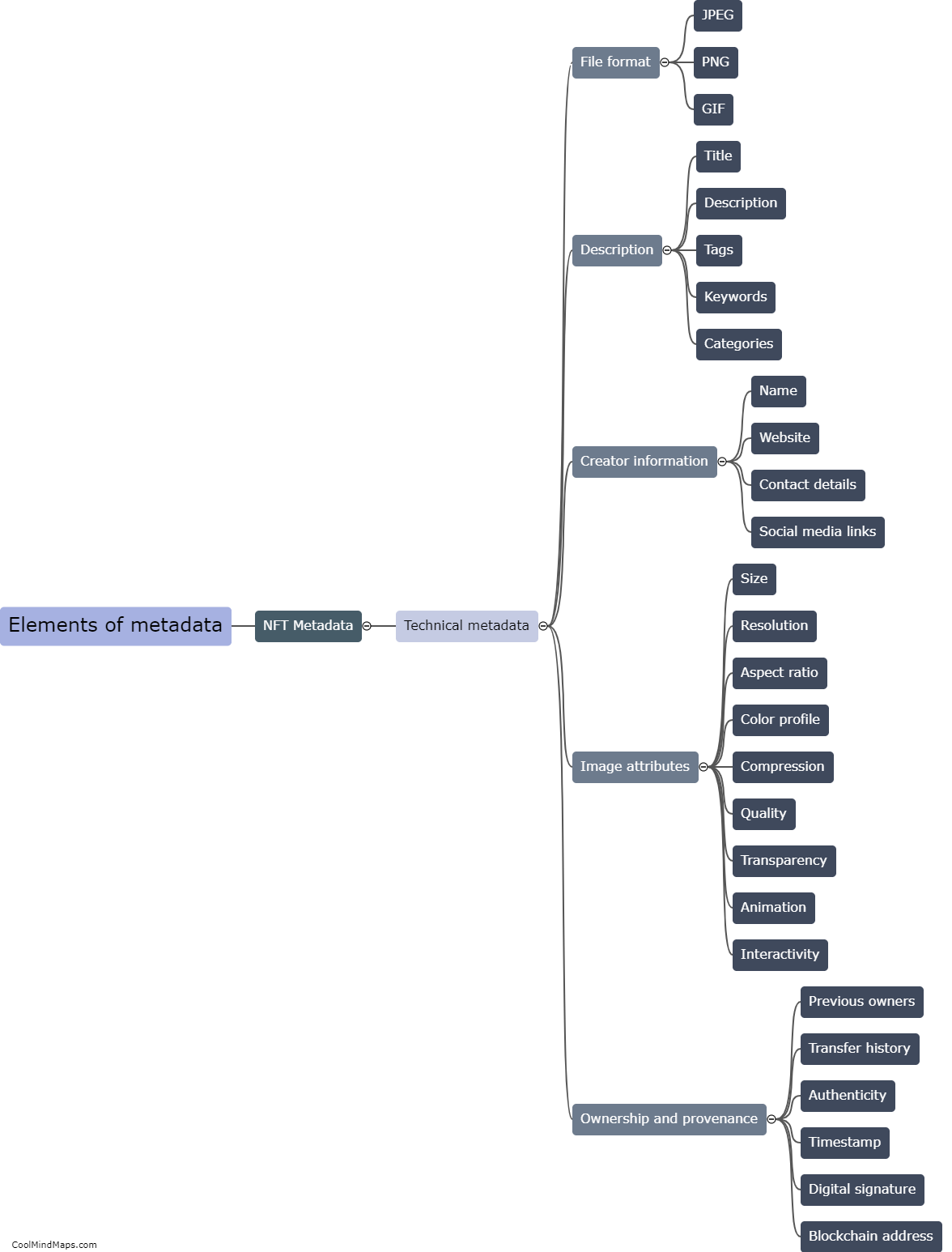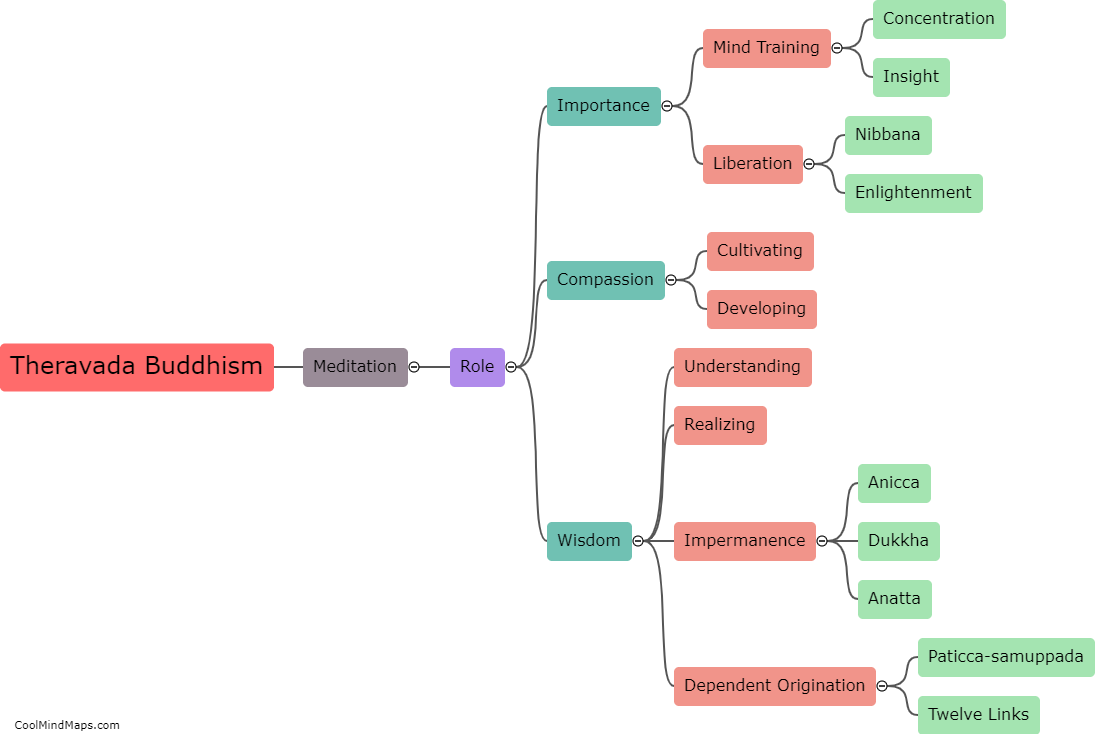What are the core teachings of Theravada Buddhism?
Theravada Buddhism, also known as the "Doctrine of the Elders," is rooted in the teachings of the historical Buddha. The core teachings of Theravada Buddhism revolve around the Four Noble Truths, which highlight the existence of suffering, its arising from desire and attachment, the possibility of its cessation, and the path leading to its end. Another fundamental teaching is the concept of dependent origination, which explains how suffering arises from a chain of cause and effect. The ultimate goal of Theravada Buddhism is achieving enlightenment through the practice of mindfulness, meditation, ethical conduct, and wisdom. This tradition places emphasis on personal introspection, self-discipline, and the liberation of oneself from the cycle of rebirth. Monasticism is also highly regarded within Theravada Buddhism, as it provides a dedicated environment for individuals to deepen their spiritual practice. Overall, the core teachings of Theravada Buddhism center on understanding and transcending suffering to attain liberation and enlightenment.

This mind map was published on 12 September 2023 and has been viewed 100 times.











